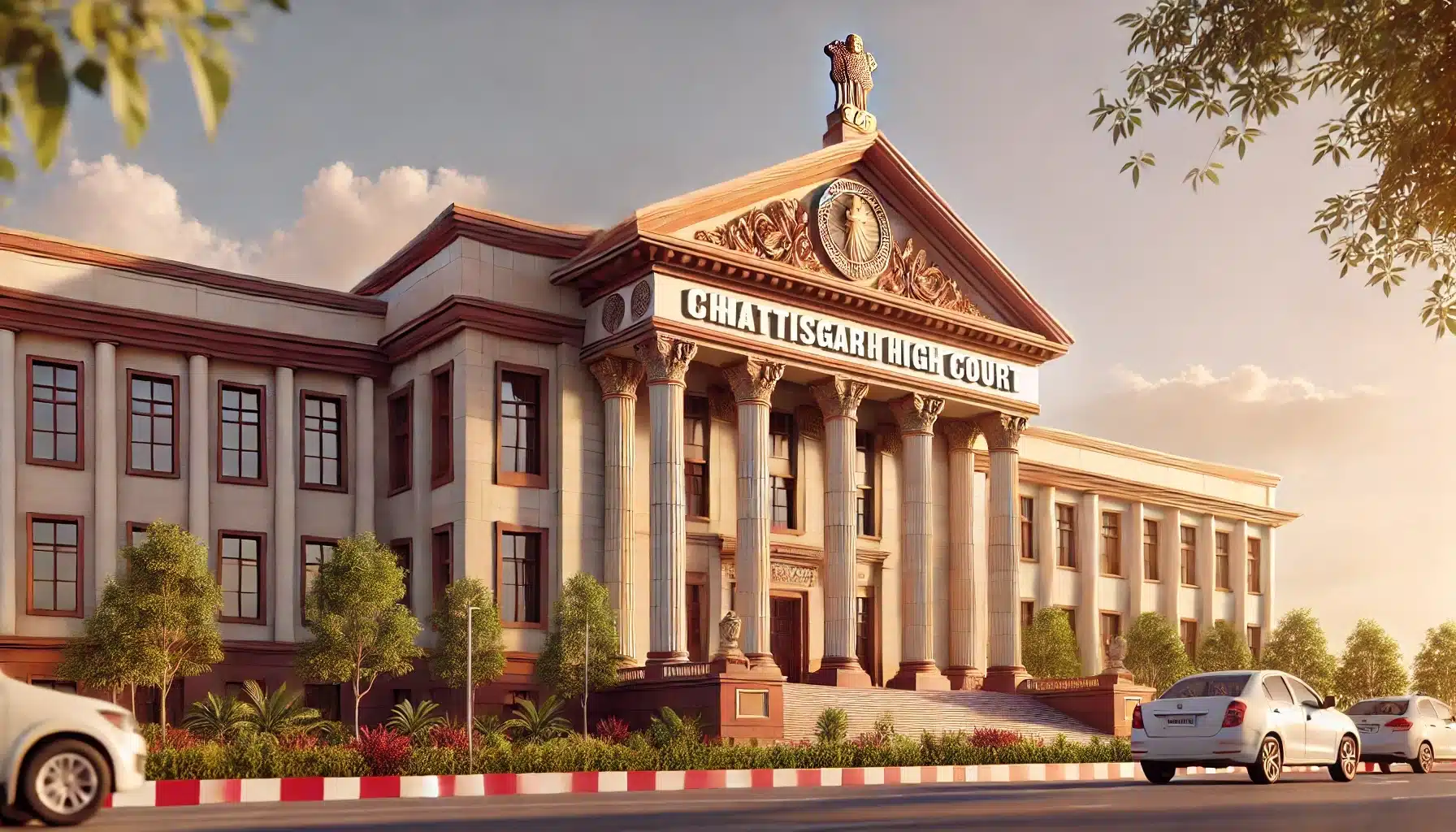The Supreme Court of India has upheld a decision by the Chhattisgarh High Court, disqualifying B.Ed. degree holders from being appointed as primary school teachers. The Court reaffirmed that the essential qualification for such posts is a Diploma in Elementary Education (D.El.Ed), as clarified in th

In a significant ruling, the Supreme Court of India has upheld the Chhattisgarh High Court‘s decision disqualifying Bachelor of Education (B.Ed.) degree holders from being appointed as primary school teachers. The Supreme Court reiterated that the essential qualification for such appointments is a Diploma in Elementary Education (D.El.Ed.), aligning with its earlier decision in Devesh Sharma v. Union of India (2023). This ruling clarifies that B.Ed. holders do not meet the fundamental pedagogical standards required to teach at the primary level, focusing on the importance of quality education for young children.
Background of the Case:
- The dispute arose when a batch of petitions was filed challenging the Rajasthan High Court’s judgment dated November 25, 2021, which held that D.El.Ed. was the essential qualification for primary school teachers, not B.Ed..
- The case centered around a 2018 notification by the National Council for Teachers Education (NCTE), which had declared B.Ed. holders eligible for primary teaching roles.
- However, in the landmark judgment of Devesh Sharma v. Union of India (2023), the Supreme Court quashed the 2018 NCTE notification and upheld the Rajasthan High Court’s findings, declaring B.Ed. holders ineligible for primary school teaching positions.
Key Findings of the Supreme Court:
- The Supreme Court bench, comprising Justice Aniruddha Bose and Justice Sudhanshu Dhulia, reaffirmed the view that B.Ed. holders do not meet the basic pedagogical standards necessary for teaching primary school children.
- The Court emphasized that the fundamental right to education, as guaranteed under Article 21A of the Indian Constitution and the Right to Education Act, 2009, includes not only the right to free and compulsory education but also the right to quality education.
- The bench observed: “B.Ed. degree holders do not pass the basic pedagogical threshold required for teaching primary classes and thus would not be able to provide ‘quality’ education to primary school children.”
Clarification on Previous Appointments:
- In April 2024, the Court issued a clarification that candidates appointed prior to the Devesh Sharma judgment would not have their appointments disturbed, as they had a special equity in their favor.
- However, despite this clarification, new petitions were filed seeking further clarification, leading to the present case, which challenges the Chhattisgarh High Court‘s decision to disqualify B.Ed. candidates.
Chhattisgarh High Court’s Decision:
- The Chhattisgarh High Court issued its judgment on April 2, 2024, disqualifying all B.Ed. candidates from selection as primary school teachers, following the principles laid down in Devesh Sharma.
- This ruling arose from petitions filed by Diploma in Elementary Education (D.El.Ed.) holders, challenging the eligibility of B.Ed. candidates under the Chhattisgarh School Education Services (Educational and Administrative Cadre) Recruitment and Promotion Rules, 2019.
- The High Court’s decision was challenged in the Supreme Court by the B.Ed. candidates, whose recruitment had been kept in abeyance by an interim order dated August 21, 2023.
Supreme Court’s Observations and Final Ruling:
- The Supreme Court clarified that the Devesh Sharma judgment did not leave any scope for B.Ed. holders to claim eligibility for primary school teaching posts.
- The Court stated: “All we had said in Devesh Sharma (supra) was that since the law making B.Ed. a qualification was not struck down by any Court (as was the position in Rajasthan when recruitment to the post of teachers was taking place in 2019), such candidates ought to have been called at least.”
- The Court explained that B.Ed. was considered a valid qualification for teaching at the time recruitment was taking place in Rajasthan, based on the NCTE notification, but this no longer applied following the Devesh Sharma ruling.
Supreme Court Dismisses B.Ed. Candidates’ Argument:
- The Court rejected the argument made by the B.Ed. candidates that the Devesh Sharma judgment opened a window for their eligibility. The bench stated: “How does our observation in Devesh Sharma (supra) help the petitioners, we simply fail to understand. This argument is totally misconceived.”
- The Court further emphasized: “B.Ed. is not a qualification for a teacher in a Primary School. Moreover, this aspect has already been clarified in the order dated 08.04.2024, where only such candidates have been saved who were selected and appointed prior to our order dated 11.08.2023 in Devesh Sharma (supra).”
Impact on Chhattisgarh Recruitment Rules:
- The Chhattisgarh Recruitment Rules, which included B.Ed. as a qualification for primary school teachers, were also struck down, as they were found to be inconsistent with the law established in Devesh Sharma.
- The Court referred to a September 4, 2023, notification by the NCTE, which communicated the Devesh Sharma judgment to the Chief Secretaries of all State Governments for implementation.
- The Court remarked: “Despite this order, B.Ed. candidates were appointed, which was illegal and has now rightly been quashed by the Chhattisgarh High Court.”
Click to read: Navin Kumar & Ors v. Union of India & Ors Etc, SLP © Nos__ of 2024 Arising Out of Diary No. 17948 of 2024





